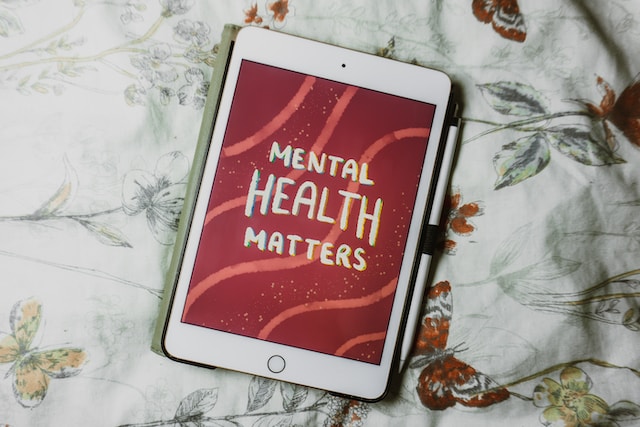Although women have repeatedly shown strength and resilience, this does not mean they are completely safe from life’s difficulties. One such obstacle that women may experience is mental tension, which can be insurmountable at times. Women are more vulnerable to the negative effects of mental stress, but they have the potential to triumph over it with the correct help.
Common Warning Signs of Mental Health Issues in Women
Mood Swings
Mood swings are a major red flag for women’s mental health difficulties. This may involve emotions including despair, anger, worry, and a general lack of hope. Rapid and severe shifts in mood should prompt a woman to consult a mental health expert.
Trouble Falling Asleep
Changes in sleep patterns or difficulty falling asleep are further indicators of mental health problems in women. Insomnia, trouble remaining asleep, and excessive daytime sleepiness are all examples. It is critical for a woman to consult a mental health expert if she is experiencing changes in her sleep pattern.
Changes in Appetite
Women’s mental health problems can sometimes be detected through changes in their appetite. Both under and over-nutrition fall under this category. A mental health expert should be consulted by women who notice such changes in appetite.
Fatigue
Chronic weariness or a lack of energy is another red flag that may indicate a problem with a woman’s mental health. Depression, anxiety, and other mental health problems can play a role in this. A woman should consult a mental health expert if she has persistent weariness.
Withdrawal from Social Activities
A woman’s mental health may be suffering if she suddenly loses interest in things she formerly loved or withdraws from social situations. If these feelings persist, it may be time to talk to a mental health professional about the possibility of depression or anxiety.
How to Avoid Mental Health Issues for Women
Prioritize Self-care
Good mental health cannot be achieved without regular acts of self-care. Self-care practices, such as physical activity, meditation, getting adequate sleep, and eating right, should be at the top of every woman’s to-do list.
Build and Maintain Social Connections
Maintaining healthy relationships is crucial to maintaining a healthy mind. Women should strive to develop and maintain healthy connections with their loved ones.
Seek Professional Help
It is critical for a woman with mental health concerns to get care. Treatment options may include talking therapy, medication, or both. However, getting one is easy if you live near Bethesda counselors. Mental health problems, if left untreated, can worsen with time, so it’s crucial to get care as soon as possible.
Types of Mental Illness Women Can Face
Women make up a large portion of the millions of people who suffer from mental illness. Some mental disorders are more common among women because of cultural and social norms. As a result of cultural and societal conventions, women tend to have a higher prevalence of certain mental diseases.
Mood Disorders
Women are at a significantly higher risk than males for experiencing mood disorders such as anxiety and depression. Stress from daily living, traumatic experiences, and hormonal shifts can all exacerbate these problems. Depression and anxiety are more common in women than in males. After having birth, they are also at risk for developing postpartum depression. Talk therapy, medication, and behavioral treatment can all be used in conjunction with one another to treat mood disorders.
Eating Disorders
Eating disorders, such as anorexia, bulimia, and binge eating, are more prevalent among women than men. These are serious mental illnesses that can have physical consequences. Women face societal pressure to meet unrealistic beauty standards, which can contribute to the development of these disorders.
Post-Traumatic Stress Disorder (PTSD)
Sexual assault, domestic violence, and child maltreatment are more prevalent against women. Post-traumatic stress disorder (PTSD) is a mental illness that can develop as a result of exposure to such stressful situations.
Conclusion
Mental health problems can be hard for people of any sex. Yet, it is crucial to recognize that women may experience unique difficulties relating to their mental health. Women must learn to recognize the indicators of mental health problems, get treatment and support when experiencing them, and take preventative measures to ensure their mental health stays in good shape. Women can recover from mental health issues and go on to have satisfying lives if they are given the help they need. Women’s mental health must be prioritized, and a safe, loving space must be provided if they are to reach their full potential.








